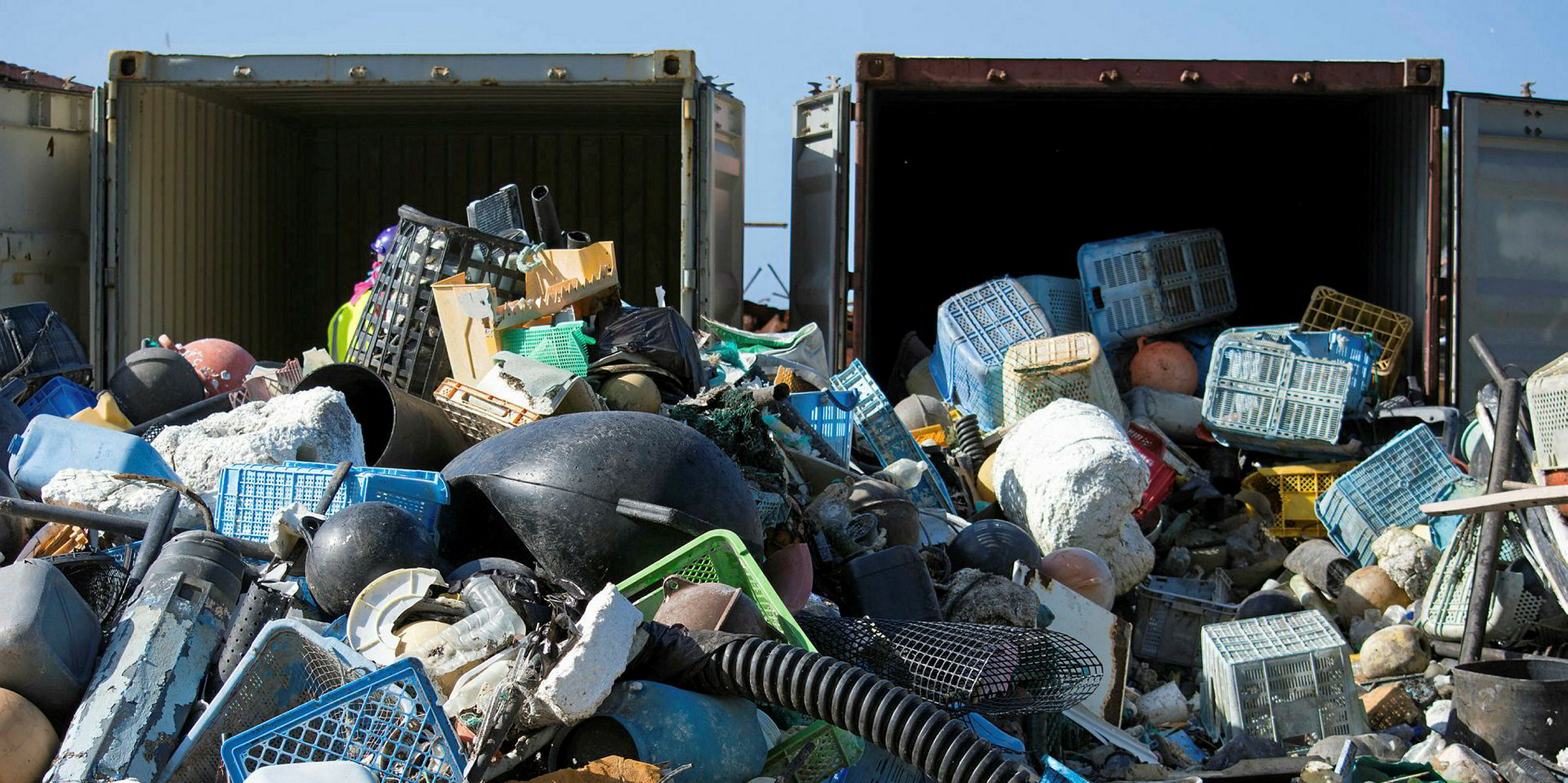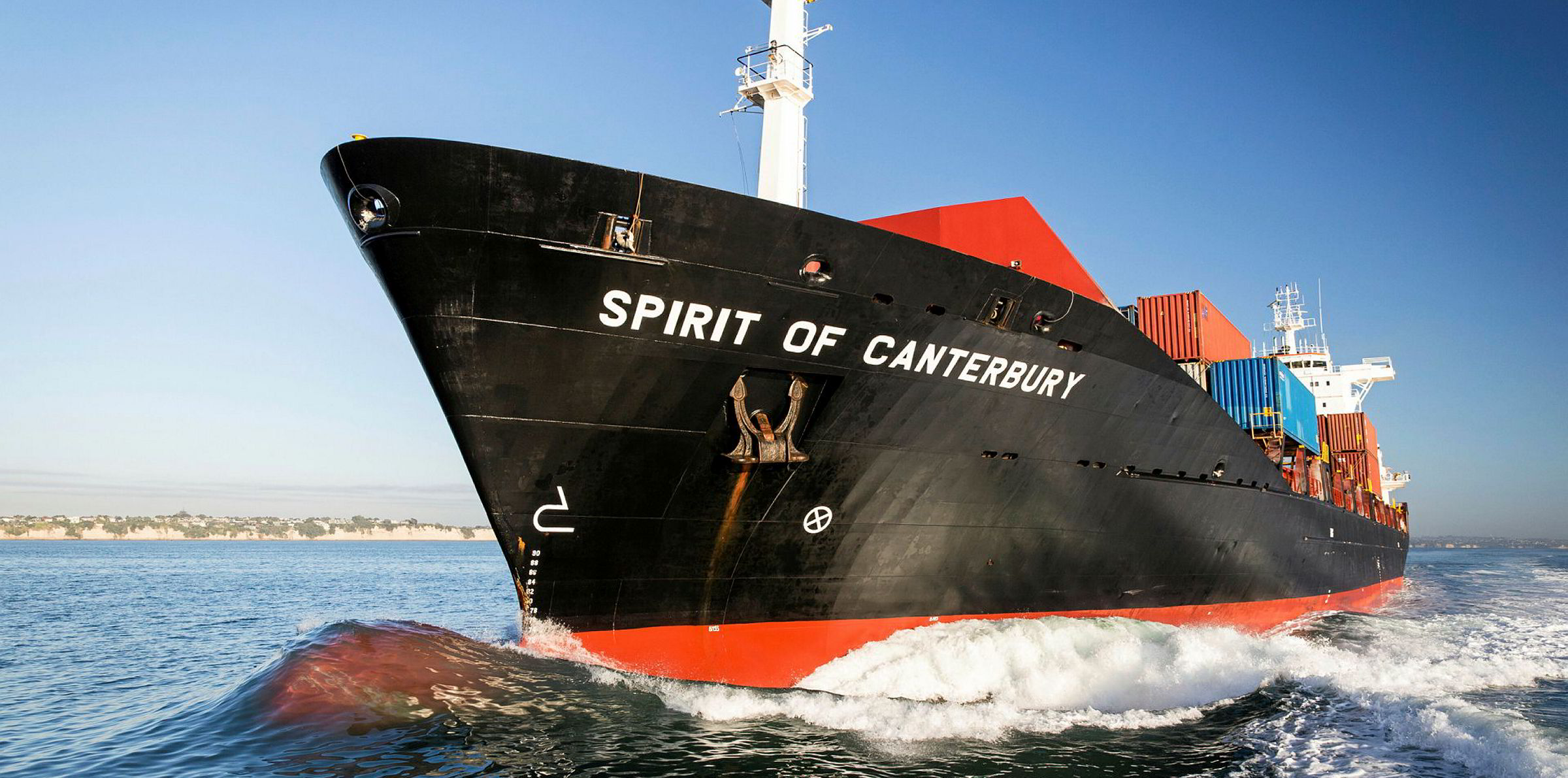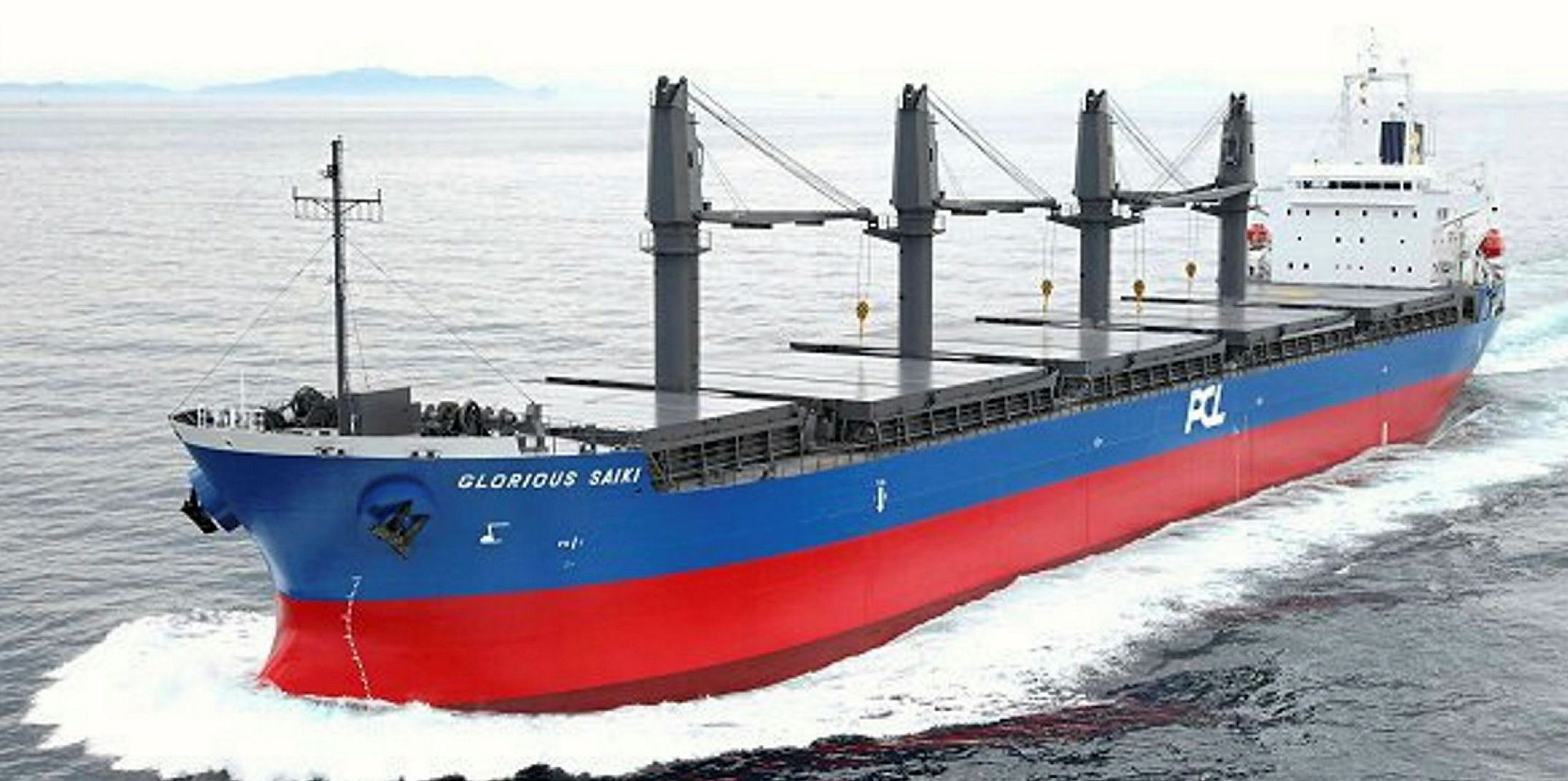The lush tropical islands of the South Pacific are painted as idyllic paradises in travel brochures, but they harbour a dirty secret — they are drowning in plastic waste.
China Navigation Co (CNCo) teamed up with the Secretariat of the Pacific Regional Environment Programme (SPREP) in 2018 to find a solution to this problem.
CNCo general manager of sustainable development Simon Bennett esplained that the Moana Taka Partnership ships plastic waste from the islands to competent, sustainable recyclers in the Asia-Pacific region.
“This project is all about creating value from what would otherwise be abandoned and left to pollute the environment,” he said.
The 8m people living in the 26 Pacific Island countries and territories are almost wholly dependent on imports and have limited land mass and few options to properly process or recycle waste on the islands.
These islands have amassed a huge amount of rubbish, much of it large amounts of plastics collecting in their overflowing landfills. This waste ends up being washed into the sea when typhoons come through.
Rubbish also continually enters the region on ocean currents and from fishing vessels, cruiseships and container vessels.
It is not commercially viable to ship out or locally recycle this litter.
“This waste only has value if you can transport it to a recycling plant," Bennett said. "Shipping costs take that value away.
“We bring finished goods into the Pacific in containers and take the empty ones out. We realised that we can use those empty containers to take the waste out. It doesn’t cost us anything to do it.”
The Moana Taka Partnership began with waste shipments from Fiji and Samoa, and the initiative is being steadily rolled out across CNCo’s route network covering the region.
Steps are also being taken to expand the project to include the removal of end-of-life vehicles from the islands. Each island is too small to have a viable vehicle recycling facility, so many are just abandoned along the sides of roads, where they degrade and release toxins into the surrounding environment.
As with the plastic waste, CNCo will provide the containers and freight, while SPREP will arrange the necessary permits.






